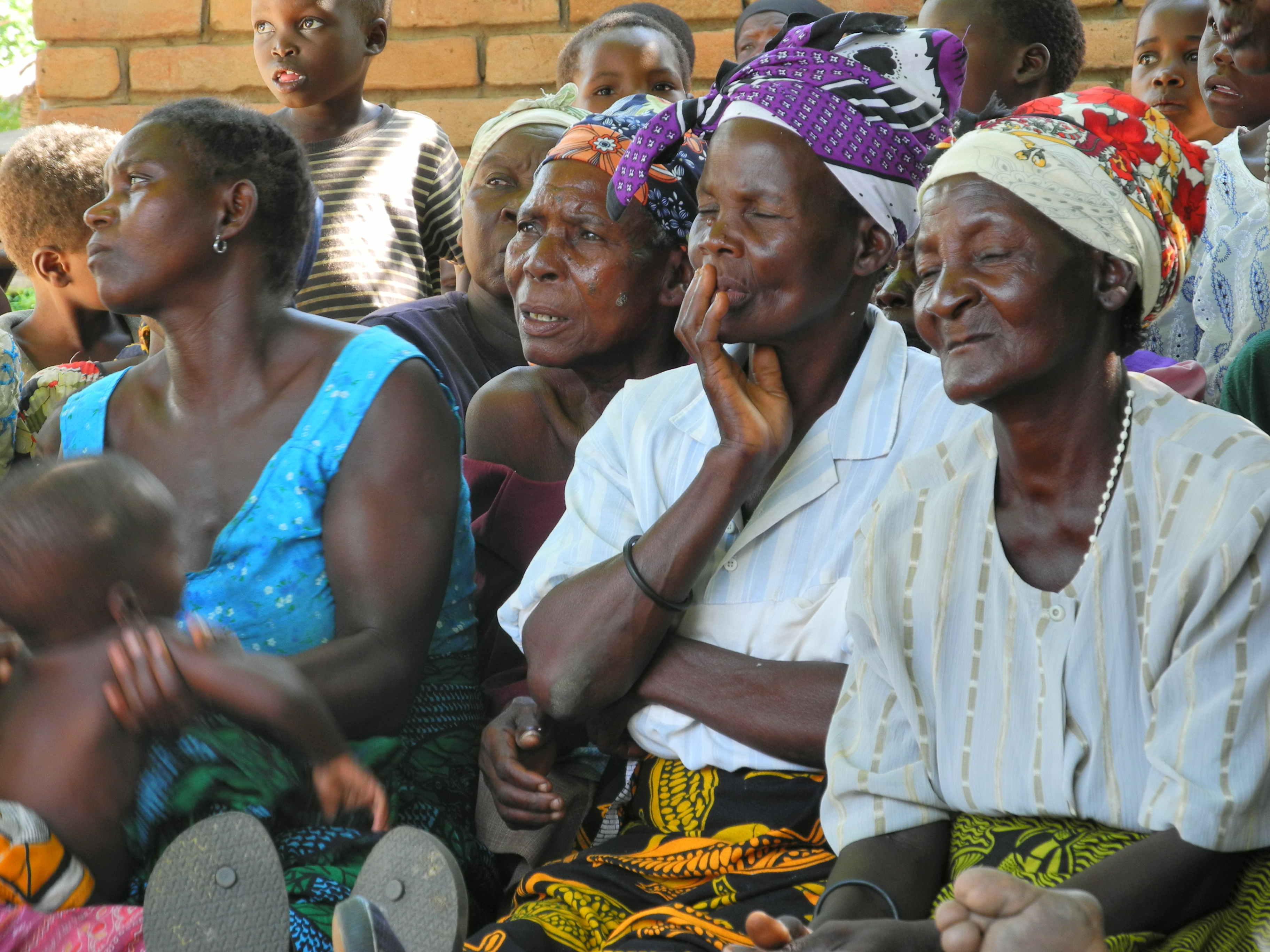Climate proofing local development gains in Machinga and Mangochi Districts of Malawi
Project Overview
Malawi’s high dependency on rainfed, maize dominated agriculture, combined with poor urban planning in rural towns makes 85% of its populations highly vulnerable to climate change induced droughts, floods and post harvest grain losses. Between 1967 and 2003, 18 floods were recorded killing at least 570 people, rendering 132,000 homeless, and affecting a total of 1.8 million people.
This GEF-LDCF funded, UNDP-supported project will help facilitate the use of an integrated package of ecological, physical and policy measures to reduce climate change related risks and improve the effectiveness of the baseline initiatives in Mangochi and Machinga Districts, in the upper Shire Basin.
Project Details
(More Information to come)
News
Malawi: UNDP Impressed With Project Implementation in Mangochi
The United Nations Development Programme (UNDP) says it is impressed with how Mangochi District Council is implementing the Climate Proofing Project which aims at protecting the environment. UNDP Portfolio Manager responsible for Resilience and Sustainable Growth in Malawi, Andrew Spezowka made the remarks Monday when officials from UNDP and government visited the district for mid-term project review. Through the project, the council and communities have established irrigation schemes with solar powered pumps, planted trees along the river banks, build dikes to prevent river flooding and promoted natural regeneration in bare areas. The project has also installed a biogas plant at Mangochi prison. The technology which uses human waste to generate bio-energy will see the institution reducing demand for firewood.
Key Results and Outputs
The project has two main components with the following associated outcomes –
Ecological and physical works demonstrated as climate smart measures for water, soil fertility and post harvest management practices. This component includes the distribution of public and domestic water harvesting and storage facilities (Outcome 1.1); Landscaping and adoption of other measures that complement physical water management infrastructure to reduce risk of climate change induced floods (Outcome 1.2) and; Adoption of climate safe post harvest management technologies and practices (Outcome 1.3)
Upscaling results from the previous component to transform local and national implementation of the baseline programmes, upscaling the resilience of the productivity gains and decentralized development processes. This includes capacity development of district level technical officers to support implementation, maintenance and monitoring of the activities (Outcome 2.1) and; Pilot projects to strengthen policies and policy enforcement for climate consideration in development (Outcome 2.2)
Programme Meetings and Workshops
(More Information to come)
Reports and Publications
PIFs
Malawi – LDCF Project in Machinga and Mangochi Districts, Project Identification Form (16 April 2012)
Monitoring and Evaluation
(More Information to come)



